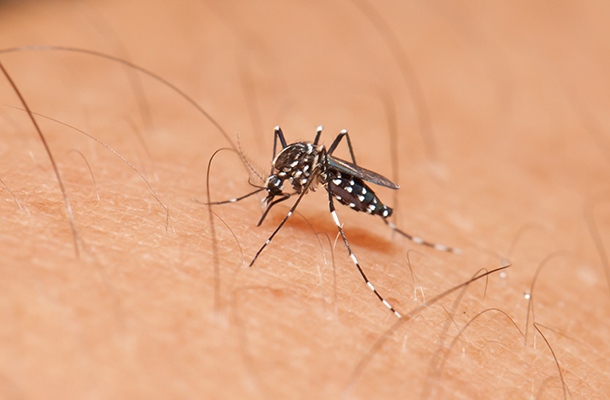
By: admin Date: 07/28/2016

Named after the Ugandan forest where it was first isolated in 1947, the Zika virus is spread primarily through the bite of the female Aedes aegypti mosquito, who must feed on blood in order to mature and lay her eggs.
For more than a half century after its isolation, there were only 14 cases of Zika infection reported in humans, but starting in 2007, a series of outbreaks in Micronesia, Oceania, and the Americas occurred, with the virus expected to reach as far as the southern United States and Northern Australia.
For adults, the virus’s symptoms are typically not severe, and it can often be treated simply by resting. But the risk it poses to pregnant women is severe: fetal development can be affected, leading to microcephaly and other neurological defects, sometimes even death in the womb. Concern over birth defects has caused the World Health Organization to declare the Zika Virus an international public health emergency, while the Centers for Disease Control and Prevention have urged pregnant women to avoid more than 30 countries.
There is currently no vaccine against the Zika virus; efforts to develop a vaccine are recent, costly, and could take a decade or more before it reaches the public. If you are living or visiting where the Aedes aegypti mosquito can also be found, the best way to stave off her bite is to wear long-sleeved shirts and long pants, stay in places with air conditioning and screen doors, sleep under a mosquito net if outdoors, and to use an effective insect repellent.
About The Author
 Discover Animals is a web-based educational resource offered by the NAIA
Discover Animals is a web-based educational resource offered by the NAIA